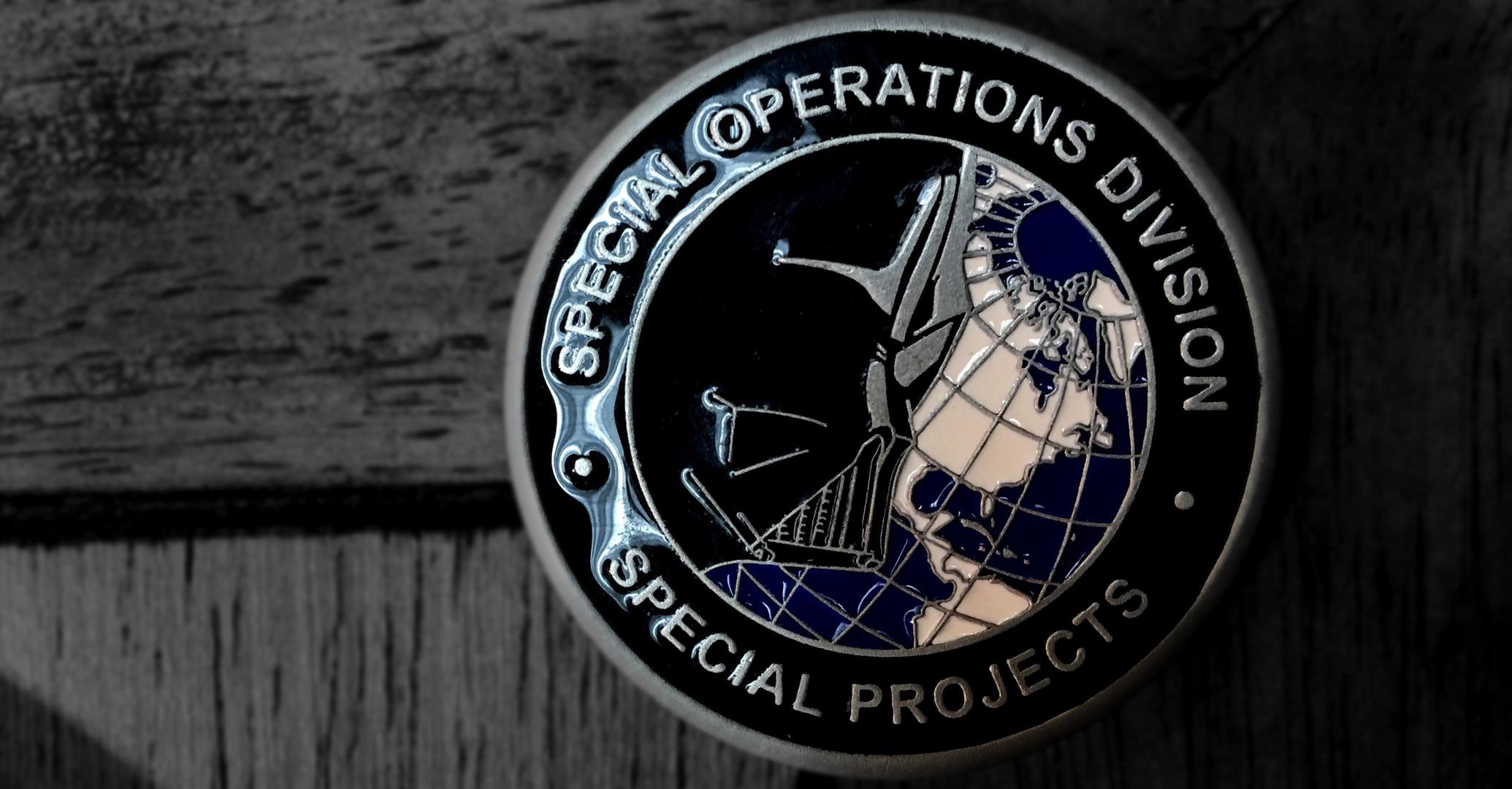Dark Side: Secret Origins of Evidence in US Criminal Cases
A long read, but IMO well worth it
https://www.hrw.org/report/2018/01/09/dark-side/secret-origins-evidence-us-criminal-cases
Photo of the Drug Enforcement Administration's logo for their Special Operations Division:
 ?itok=-gcSaKOt
?itok=-gcSaKOt
In the United States today, a growing body of evidence suggests that the federal government is deliberately concealing methods used by intelligence or law enforcement agencies to identify or investigate suspects—including methods that may be illegal. It does so by creating a different story about how agents discovered the information, and as a result, people may be imprisoned without ever knowing enough to challenge the potentially rights-violating origins of the cases against them.
Through a practice known as “parallel construction,” an official who wishes to keep an investigative activity hidden from courts and defendants—and ultimately from the public—can simply go through the motions of re-discovering evidence in some other way. For example, if the government learned of a suspected immigration-related offense by a person in Dallas, Texas, through a surveillance program it wished to keep secret, it could ask a Dallas police officer to follow the person’s car until she committed a traffic violation, then pull her over and start questioning her—and later pretend this traffic stop was how the investigation in her case started.
Due to parallel construction, defendants in criminal cases across the country may be experiencing serious infringements of their rights without their knowledge. The United States Constitution draws on lessons learned from the abuses of the British colonial era in placing firm restrictions on how the government can behave when it wants to prove someone has done something wrong. It establishes criteria for rights-respecting searches and seizures, requires the prosecution to turn over to the defense any evidence favorable to the accused, and demands that all trials and proceedings take place in accordance with “due process”—that is, fundamental fairness. However, parallel construction—when sustained through the end of proceedings—means defendants cannot learn about, and therefore cannot challenge, government actions that violate these or other rights.
In creating fictions to keep potentially questionable investigative activities out of sight, the government also avoids an important deterrent to official misconduct. When law enforcement or intelligence agencies break the law, judges typically prohibit prosecutors from introducing evidence that was obtained as a result of those illegal operations. This is one of the main incentives agents have to respect rights. Parallel construction removes this incentive by deliberately rendering those agents’ actions invisible to courts and defendants, and the resulting lack of accountability risks turning constitutional rights into little more than words on paper...
The full 81 page report is available as a PDF file at:
https://www.hrw.org/sites/default/files/report_pdf/us0118.pdf
 = new reply since forum marked as read
= new reply since forum marked as read
 ?itok=-gcSaKOt
?itok=-gcSaKOt